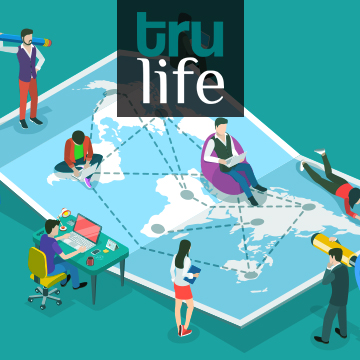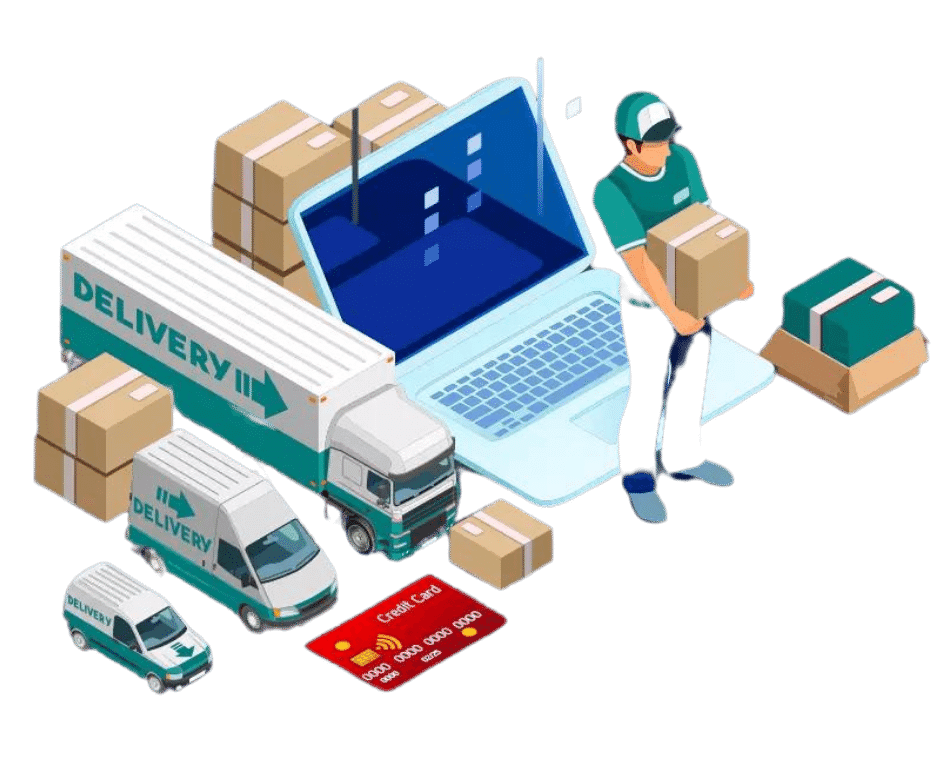Upskilling is a popular term in the contemporary business vernacular. Everyone is talking about the need to attract and retain talent through ongoing development — and it’s an important factor to keep in mind.
However, as with all business practices, there’s a time and place for upskilling. That’s why it’s important to balance your company’s upskilling with the equally important activity of outsourcing. This ensures that your enterprise allocates every dollar where it will have the most impact on your brand.
With that in mind, let’s take a look at both upskilling and outsourcing and how the two superficially polar-opposite activities can work together to provide synergistic results.
What Is Upskilling?
The basic definition of the term upskilling is in the word itself. Upskilling involves improving skills via ongoing training and education.
The activity can be something an employee does (i.e. they advance their skillset). It is also a term that can apply to something an employer provides for their staff (i.e. they give their workers opportunities to develop their skills).
Upskilling is also often used as an umbrella term that includes the concept of reskilling. The latter refers to the activity not of adding to a particular skill set but of teaching a new one entirely.
Upskilling (and, by association, reskilling) is an important part of the modern professional world. It enables employees to stay ahead of the curve. It equips them with relevant abilities and knowledge that they can use to obtain and retain employment.
It also allows businesses to tap into the ongoing evolution of things like technology as it develops and changes.
What Is Outsourcing?
Outsourcing is both similar and distinctly different from upskilling. Both activities come from a desire to find effective and productive workforce solutions to complete your various business processes. However, the similarities stop there.
Rather than investing in existing talent, outsourcing involves delegating tasks to third-party providers. You might do this for a number of different reasons, such as:
- Reducing crippling workloads.
- Accessing SME (subject matter expert) and experienced help.
- Lowering, and at times even eliminating, in-house expenses.
Outsourcing can come through established agencies, like TruLife Distribution. You can also conduct your outsourcing piecemeal via freelancers. However, keep in mind that working with individual contractors can require more hands-on involvement and oversight.
When to Focus on Upskilling vs. Outsourcing
Both upskilling and outsourcing can provide powerful benefits for your brand. The important thing is deciphering when one or the other is appropriate. Here are a few examples of when to choose one over the other:
- Upskill valuable talent to show employees that you’re invested in them.
- Outsource activities that are delegable or that your team isn’t particularly qualified to handle.
- Upskill in areas that will accentuate existing company strengths, such as a health and wellness brand focusing on even better R&D.
- Outsource to maintain professional services at cost-effective price points.
Upskilling is an invaluable tool — especially in an era marked by things like the Great Resignation and the rising wages and fierce recruitment battles that have followed.
However, remember that investing in your workforce is just one of the tools that a business leader has at their disposal. There are times when it makes more sense to outsource an activity so that you can focus on the core elements of your brand.
TruLife Distribution already markets and distributes products across the United States for dozens of both domestic and international companies. Our elite team provides a comprehensive suite of services. This makes us a one-stop shop for any brand looking to free up some cash and outsource the rigmarole of marketing and sales.
If you’re struggling to retain talent, take some time to think things through. Find the right areas to upskill and then outsource anything that you can outside of those areas. If you find that marketing or distribution are among the latter, the TruLife team is ready to help.








